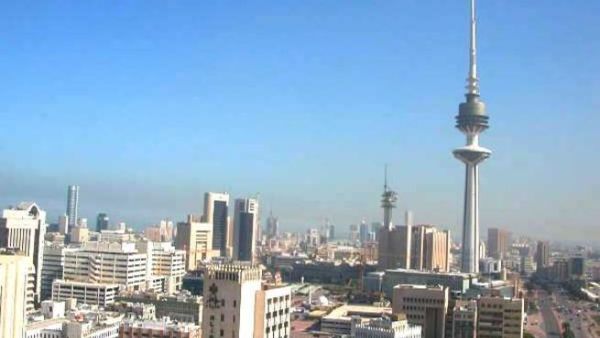Kuwait’s trade surplus edged-up to KD 6.1 billion ($21.5 billion) in the second quarter after dropping to below $6 billion in the previous quarter for the first time in over a year, said a report.
The surplus – estimated at around 12 per cent of forecast (whole year) 2013 GDP – was boosted by a rebound in oil export receipts, which more than offset the impact of a surge in imports, according to National Bank of Kuwait.
These trade data are setting the stage for another super-strong year for the current account position overall: a surplus of more than 40 per cent of GDP for 2013 seems likely, stated the NBK in its report.
Following a KD0.4 billion drop in the first quarter, oil exports rebounded by some KD0.3 billion to KD7.6 billion – despite lower oil prices. Average oil prices declined by $8 per barrel to $99 in the second quarter.
The rise in export receipts should have therefore come from higher oil export volumes, though data on this is not yet available. Oil production volumes did rise in 2Q, but not by enough to match the implied rise in oil export volumes.
The NBK said the near-term outlook for exports looked solid. "The price of Kuwait export crude rebounded by more than $5 in the third quarter. Meanwhile, oil production – although not always a perfect proxy for export volumes (especially in the summer, when more fuel is required for domestic use) – was more or less unchanged from the second quarter.
The non-oil receipts were essentially flat in the second quarter, and accounted for just 4 per cent of all export receipts.
The imports surged to an all-time high of KD1.9 billion in the second quarter breaking the previous record level set in the fourth quarter of 2011, said the country's top lender.
"Imports were up for the third consecutive quarter, a potential indicator of an improving non-oil economy. Furthermore, the annual growth in imports accelerated from 3 per cent in the previous quarter to 7 per cent - its fastest rate in the past year, though still below the 10 per cent average seen in 2010 and 2011," it stated.
NBK cautioned that over the next year or so, the trade balance could shrink a little: oil markets could loosen, putting downward pressure on prices or encouraging OPEC (including Kuwait) to cut oil production - affecting oil export receipts.
"Imports, by contrast, should grow, as consumer spending remains solid and project activity sucks in goods and labour," it added.

NBK cautioned that over the next year or so, the trade balance could shrink a little: oil markets could loosen, putting downward pressure on prices or encouraging OPEC







